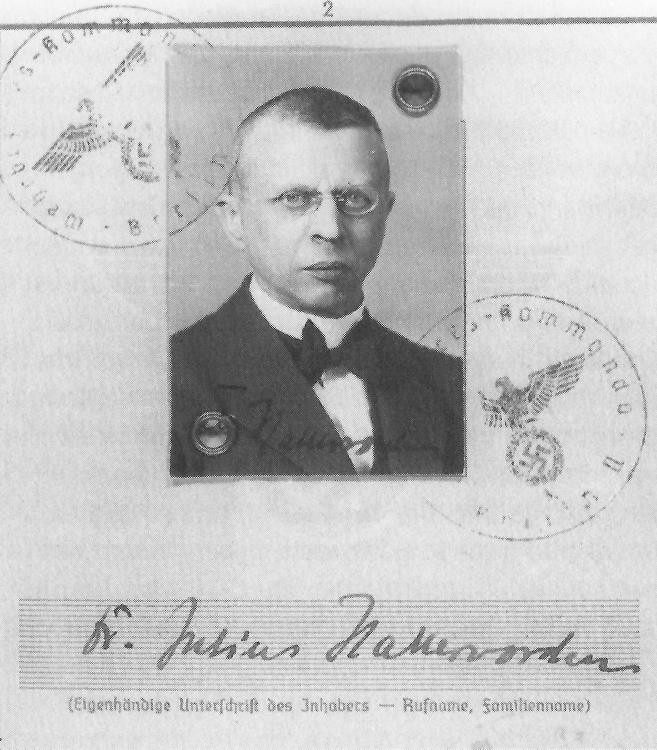Body parts belonging to Nazi death camp victims found in German research institute
Brains and other body parts were found in institute where Nazi physician once performed experiments.

Body parts and brains believed to be from the victims of Nazi concentration camp experiments have been found at a leading German research institute, Israeli media have reported.
The discovery was made during renovations at the Max Planck Psychiatric Institute in Munich according to Israel's Army Radio.
A committee has been set up by the institute to find out where the remains came from.
During the Nazi era the organisation was known as the Kaiser Wilhelm Institute, and was involved in researching Nazi 'eugenics' and racial theory. It reportedly received body parts from victims of Nazi experiments in death camps during World War II.
Nazi physician Josef Mengele, who performed experiments on inmates at Auschwitz concentration camp, undertook joint research projects with the institute.
According to the institute, the samples may have been used by Nazi physician and neuroscientist Julius Hallervorden, who became head of the Neuropathology Department of the Kaiser Wilhelm Institute in 1938. Hallervorden knowingly used the brains of executed prisoners in his research.
On its website, the Max Planck institute stated: "We are ashamed of these findings, and shocked by the findings in the archive."
"We will update the public of any additional information to maximise transparency", the announcement added.
The research committee is attempting to identify the victims from whom the samples were taken so they can be interred according to the report.
Professor Dan Machman, Director of the International Center for Holocaust Research at the museum, told Army Radio, "it's surprising, although not completely. We know that experiments were conducted and that not everything was erased and buried. Two years ago, bones of victims on whom experiments were conducted were found in Berlin in the trash. Next year, we're going to organise a convention about this issue."
© Copyright IBTimes 2024. All rights reserved.























